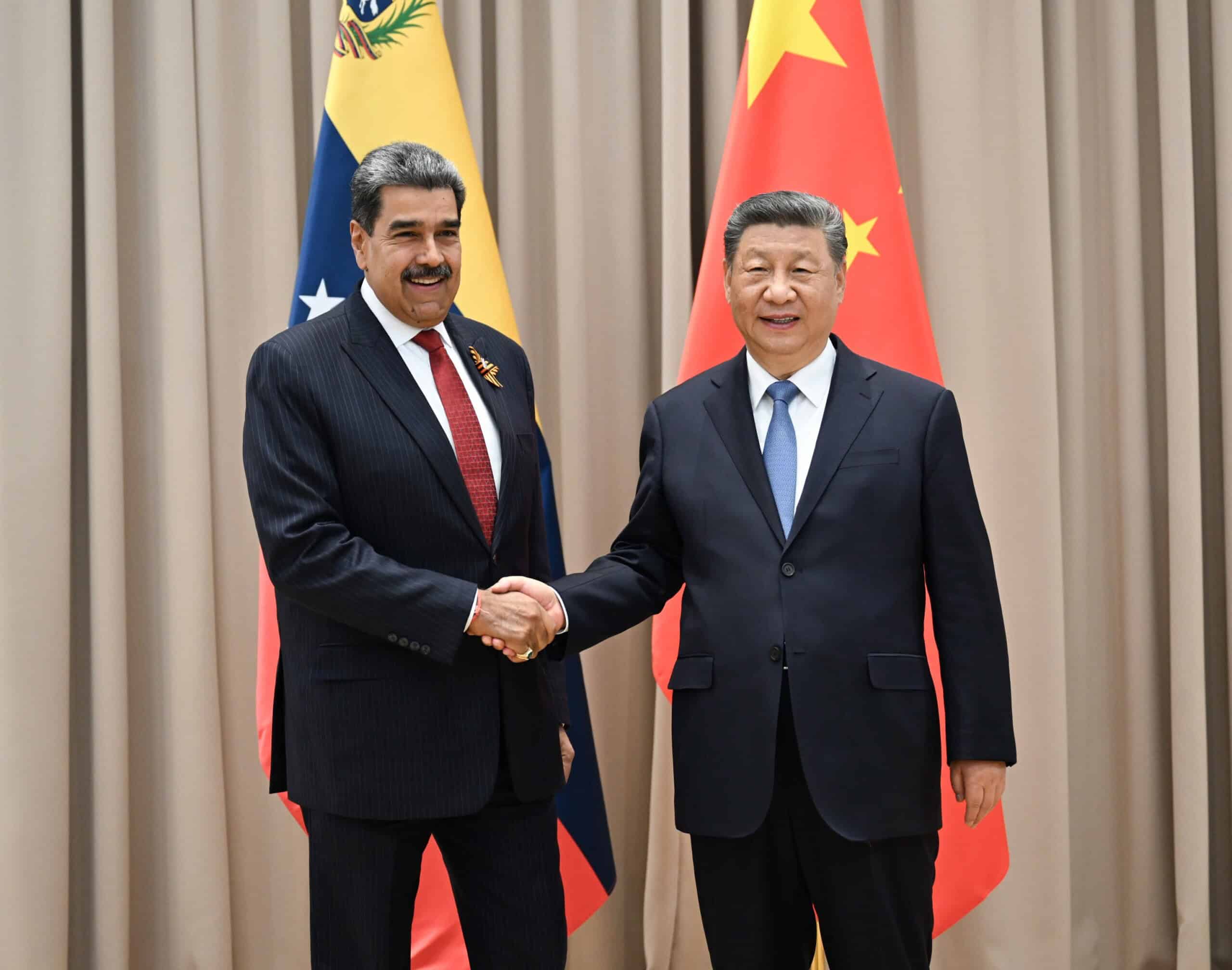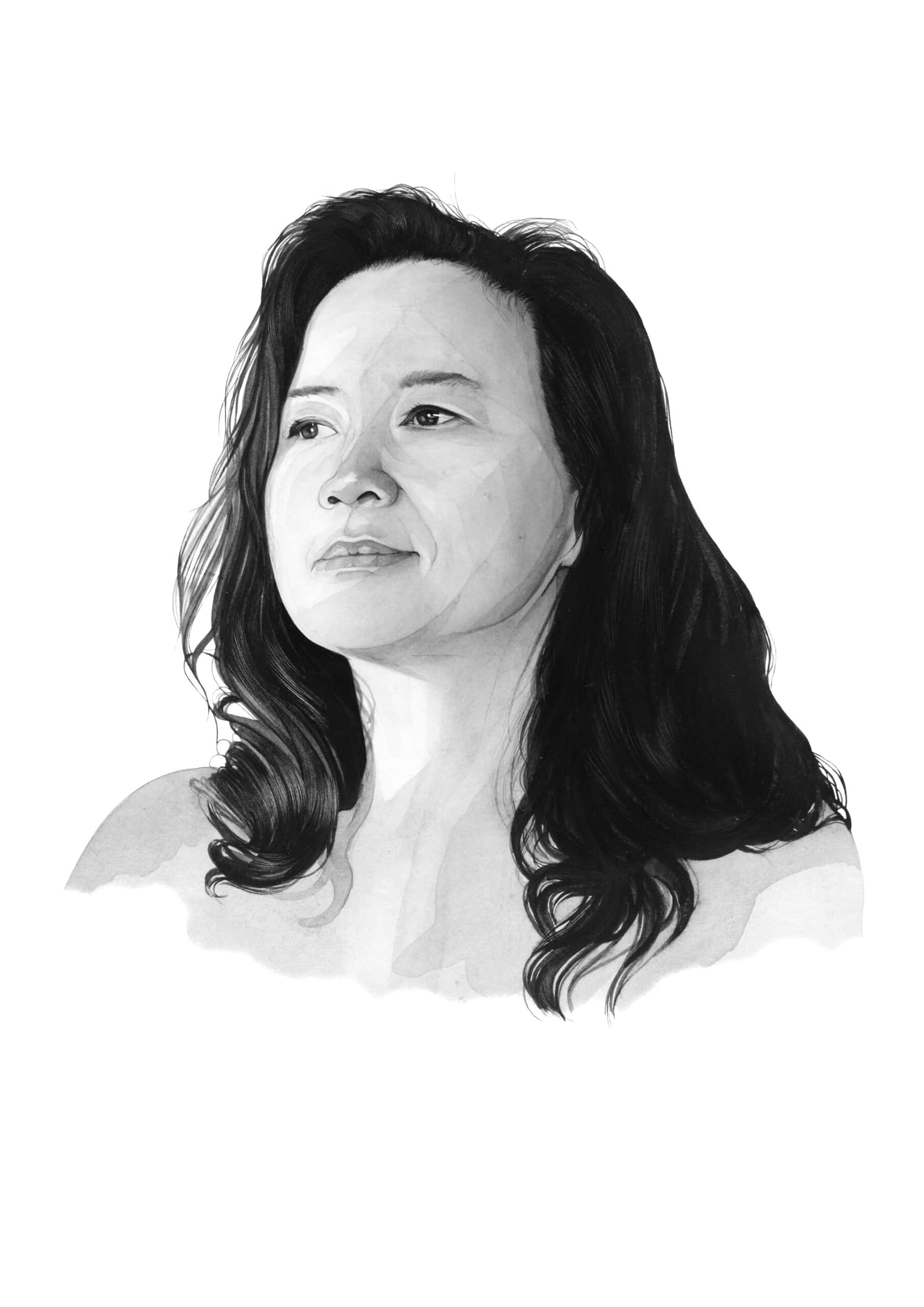Audrey Tang is not your typical bureaucrat. Taiwan’s Minister of Digital Affairs is the island’s youngest minister, as well as its first prominent non-binary public official. Homeschooled by journalist parents, she was a software developer and digital rights activist at the time of the 2014 Sunflower Movement, when young protestors occupied Taiwan’s legislature to oppose a trade deal with China. Tang, who was already involved in civic movements to promote government transparency, ended up
LISTEN NOW
Face-Off: U.S. vs. China returns for new season
An award-winning podcast about the world’s two superpowers, the two men in charge, and the vital issues that affect us all. Face-Off cuts through the noise for the real story, with essential historical context.



